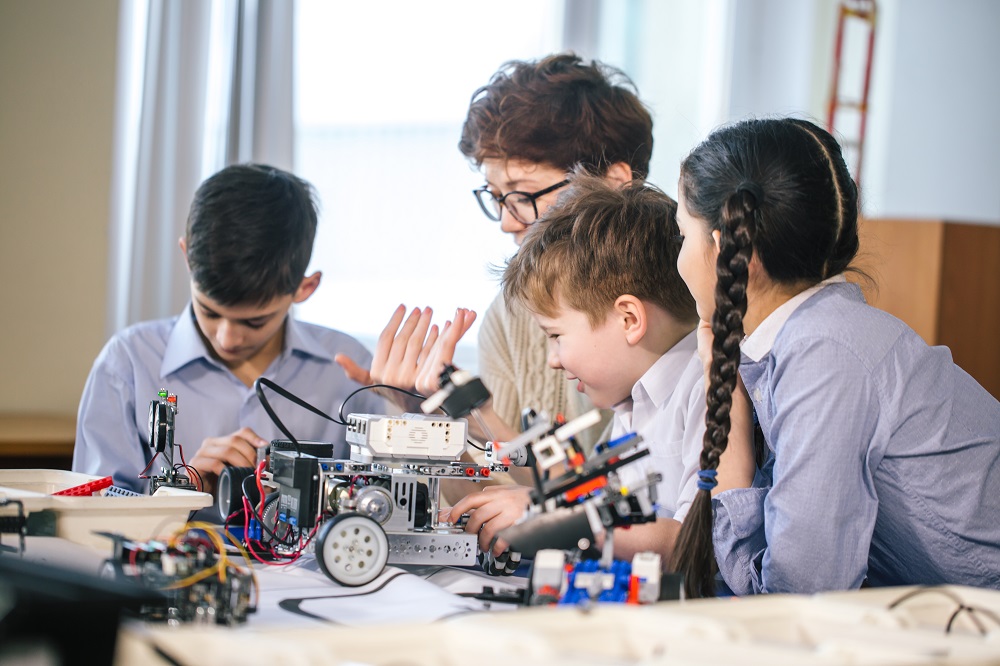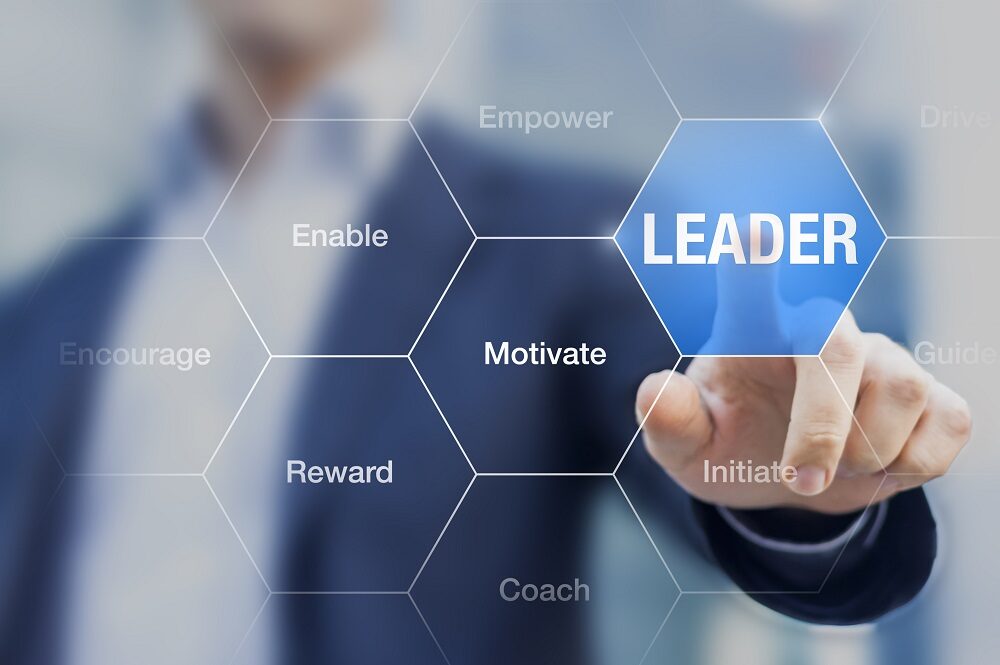As the pace of technological advancement accelerates, the need for critical thinking and STEM (Science, Technology, Engineering, and Maths) education grows even more urgent. AI (Artificial Intelligence) technology is rapidly transforming the way we live, work, and interact with one another, and it is essential that we understand its implications and use it in ways that benefit society as a whole. In this context, STEM education and critical thinking skills are more important than ever.
STEM education in shaping the future
One of the key benefits of STEM education is that it prepares students for the jobs of the future. As AI technology continues to advance, many traditional jobs will be automated, and new jobs will emerge. These jobs will require a deep understanding of STEM subjects, as well as critical thinking skills. By equipping students with these skills, we can ensure that they are well-prepared for the jobs of the future and that they can contribute to the advancement of society.
In addition to preparing students for the jobs of the future, STEM education and critical thinking skills are essential for solving the complex problems that we face as a society. One such problem is the energy crisis, which is causing us to rely on non-renewable resources that are running out. STEM education can help individuals to understand the science behind renewable energy sources and develop more efficient and sustainable energy systems, while critical thinking skills can help individuals to evaluate the effectiveness of different energy solutions and to make informed decisions about energy policy.
Education is a fundamental aspect of society that affects individuals and communities, and STEM education and critical thinking skills can help individuals to understand the principles of education and to develop innovative solutions for improving the quality of education and increasing access to education for all. By integrating STEM education with critical thinking skills, individuals can develop the knowledge and skills necessary to tackle these problems and find innovative solutions.
STEM education, critical thinking, and AI
Moreover, STEM education and critical thinking skills are not just important for students. They are also essential for policymakers and business leaders. As these individuals make decisions that impact society, it is important that they have a deep understanding of the complex scientific and mathematical principles that underpin AI technology. They must also be able to analyze data and make evidence-based decisions.
By prioritizing STEM education and critical thinking skills, we can ensure that everyone has the tools they need to succeed in the era of AI. This means investing in teacher training and professional development, as well as developing new curricula and instructional materials. It also means providing access to technology and other resources that enable students to engage with STEM subjects in a meaningful way.
Challenges to STEM education in the region
However, there are challenges that must be addressed in order to achieve this goal. One of the biggest challenges is the shortage of qualified STEM teachers. Many schools struggle to find teachers with the necessary expertise to teach STEM subjects effectively. This shortage is particularly acute in underserved communities, where students may lack access to quality STEM education. Addressing this shortage will require a concerted effort by policymakers and educators to attract and retain talented STEM teachers.
Despite the challenges, the importance of STEM education and critical thinking skills cannot be overstated. By equipping students with these skills, we can ensure that they are prepared for the opportunities and challenges of the future. We can also promote the responsible use of AI technology and ensure that it benefits society as a whole.
In conclusion, the era of AI demands a strong emphasis on STEM education and critical thinking skills. These skills are essential for success in the jobs of the future, for solving complex societal problems, and for responsible decision-making. By investing in STEM education and critical thinking skills, we can create a better future for us all. We must work together to address the challenges and obstacles that stand in our way and to ensure that everyone has access to the tools they need to thrive in the era of AI.
Author: Dr. Heba Chaya, PhD in Science Education/ STEM Education



